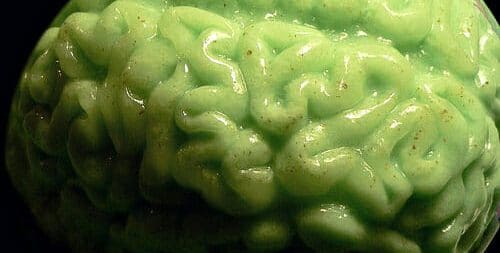Hypnosis or hypnotherapy uses concentration and guided relaxation plus focused attention to achieve a heightened state of awareness or a trance. Your attention is so concentrated while in this state that all things around you are blocked out. You can then focus your attention, with the help of a therapist, to working on precise actions, thoughts or tasks.
Generally considered an aid to psychotherapy or counseling, hypnosis can allow people to rediscover painful thoughts, feelings, emotions and memories that might be hidden from the conscious mind. Hypnosis helps people to see things differently and block responsiveness to pain that is either physical or mental.
There are different types of hypnosis therapy and one is suggestion therapy. This hypnotic state gives the person under hypnosis the ability to respond to suggestions. Hypnotherapy can help change behaviors or habits such as overeating, smoking or other physical problems. Hypnosis can help change perceptions and sensations. Suggestion therapy is very useful in treating pain and in some weight loss programs.
Analysis hypnosis uses the relaxed state to determine the root cause of a symptom or a disorder. For example a traumatic past event that is hidden in a subconscious memory can be revealed. Once it is in the open psychotherapy can begin the healing process.
Hypnosis therapy has been very useful in treating phobias and anxieties, sleep disorders and depressions. If you have experienced post-trauma anxiety hypnosis can be a help. Those who have experienced a grief or loss often turn to hypnosis to heal and forget.
If you tend to have hallucinations and delusions or if you use mind altering drugs and alcohol hypnosis therapy may not be appropriate. You also need to consult with a medical doctor to determine if pain management would be better served with medication rather than hypnosis. It is a possibility that when trying to recover possibly repressed memories unintended suggestions by the therapist can interfere. Using hypnosis for dissociative disorders is not recommended.
Hypnosis therapy is not dangerous and it is not brainwashing or mind control. A licensed therapist cannot make someone do something that they don”t want to do. The greatest risk is false memories that can potentially be created and it may not be as effective a using more established and tradition psychiatric treatments. However being treated by a certified and qualified mental health professional who is trained in hypnosis may be the answer to mental anguish, health problems and pain reduction.



